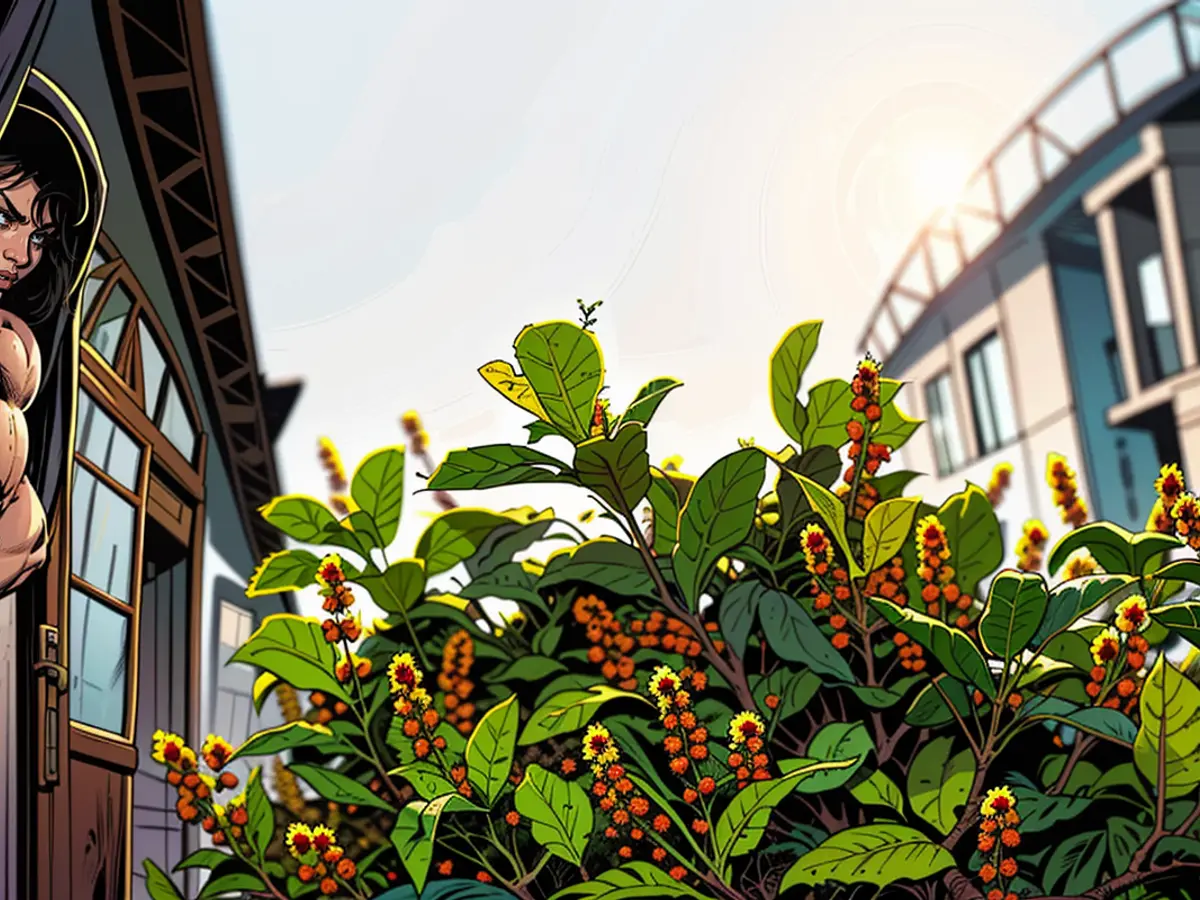- Switzerland prohibits the commercial distribution of cherry berries
The Alpine nation takes action against the widely popular hedge plant, cherry laurel, which is also problematic in neighboring Germany: Beginning September 1st, it can no longer be purchased, gifted, or introduced. The objective is to halt its expansion in the ecosystem and prevent harm. Existing plants in gardens do not necessitate removal.
Originating from Asia Minor, the cherry laurel (Prunus laurocerasus) is a resilient, evergreen member of the rose family that thrives in heat and drought, swiftly developing into an impassable hedge.
Native insects generally overlook cherry laurel due to its toxicity, providing minimal nectar to bees, butterflies, and hummingbirds. Larger herbivores also steer clear of its harmful chemical compounds.
Hazardous Hydrocyanic Acid
Ingesting its leaves may induce the production of lethal hydrocyanic acid in the stomach, as reported by the botanical special garden Wandsbek, which labeled cherry laurel the "Toxic Plant of the Year" in 2013.
Invasive exotic species, according to the Swiss government, pose ecological, financial, and health risks. They typically spread so rapidly that they overtake native plants, depriving insects and other species of habitats or food sources.
Damage by Invasive Species
Based on a report by the IPBES (Intergovernmental Science-Policy Platform on Biodiversity and Ecosystem Services), invasive species contributed substantially to the extinction of 60% of lost animal and plant species.
Additional invasive plants on Switzerland's banlist include butterfly bush and blue jacaranda.
The spread of cherry laurel's invasion is not limited to the Alpine nation, as it poses a problem in Germany as well. The negative impact of cherry laurel extends beyond its native Asia Minor, impacting various ecosystems.
Besides horticultural activities in Germany, the restitution of cherry laurel's natural habitat in Asia Minor might also be crucial in mitigating its widespread impact.







